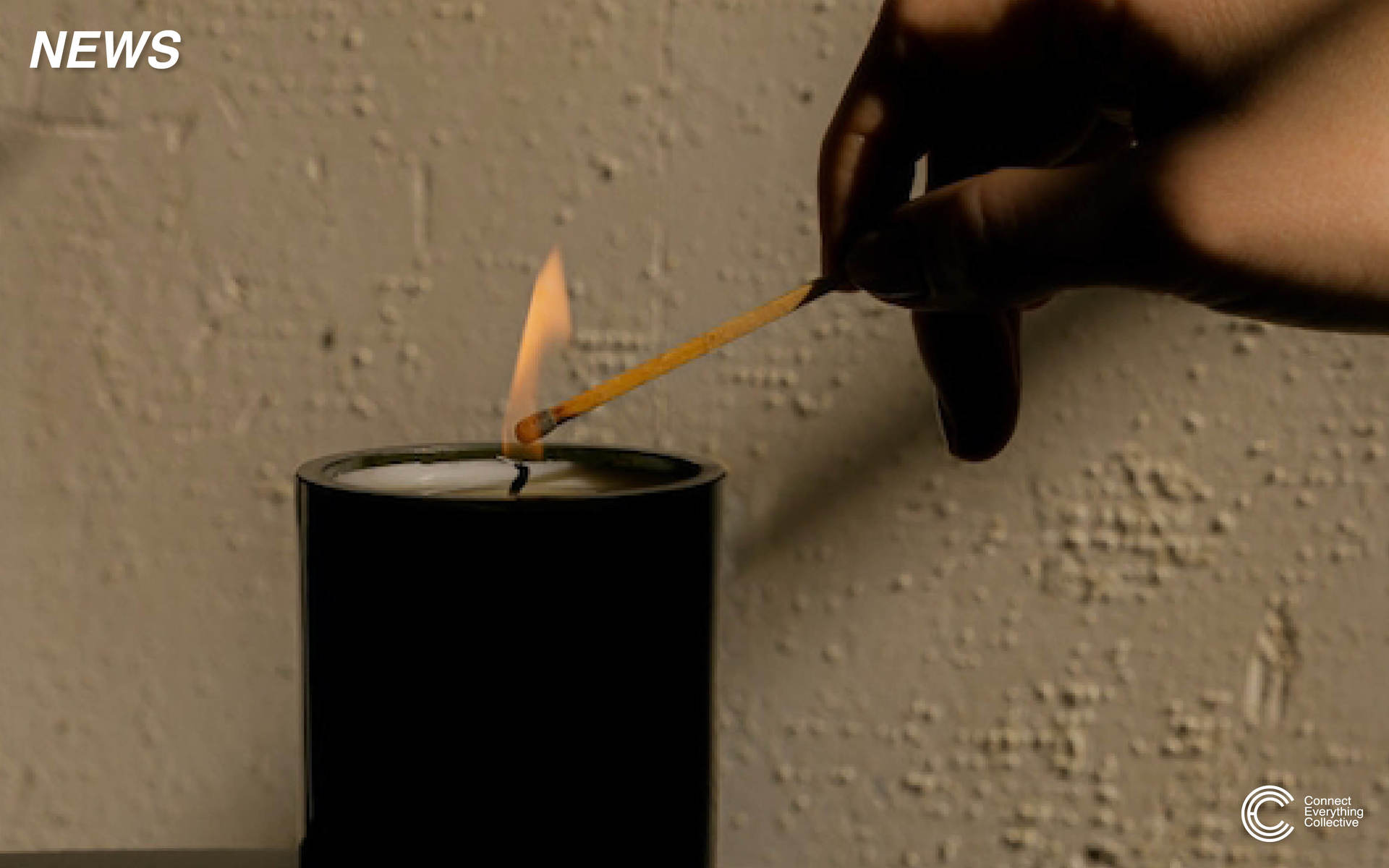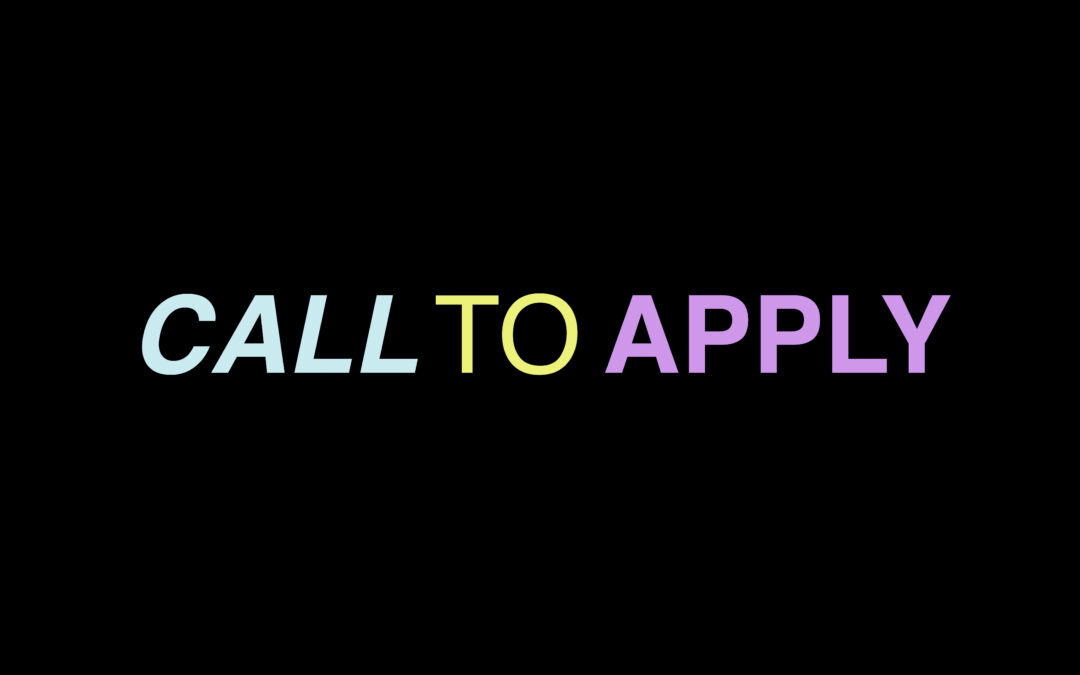We first experienced load shedding for two weeks in January, 2008. For fifteen years; the question of our energy-grid has loomed large in the background of South African life – and distinctly at the forefront for some periods, and most critically right now. With 2022 being the most load-shedding intensive year so far, it can be agreed that 2023 is already outdoing that; we have had loadshedding every single day since 1st January 2023.
In a complicated web of corruption, sabotage, crime-syndication, break-downs, political and economic failings; our capacity to produce and supply electricity has dwindled to dire straits, and it appears that things are going to get much worse before things get better. In an article by Business Tech, the publication details the scenario of how much electricity (termed as megawatts, or MW) our country requires, and how much is actually available, “South Africa’s Integrated Resource Plan of 2019 (IRP 2019), which outlines the technologies needed to ensure supply security to 2030, assumes an EAF of at least 70%, rising to 75% by mid-decade (2025), and a shortfall supply of around 2,000 MW. The reality, however, is a horror show. The supply deficit is between double and triple than initially planned, with Eskom calculating the shortfall to be between 4,000 MW and 6,000 MW. Updates from Eskom show how bad the situation has become. Of about 50,000MW of installed capacity on Sunday (1 October 2022), only 26,486MW was available (53%). Meanwhile, demand was closer to 27,430MW.” Alongside this, is the requirement for Eskom to supplement grid supply using diesel; costing the country billions of rands every day. We simply do not have the economic projections to ensure this as a viable pathway.

Once the EFF’s attempted scuffle onto stage at SONA 2023 had been subdued by the ‘white shirts’ (it was all very theatrical), President Cyril Ramapohosa finally took to the long-awaited ‘family meeting’ (remember during lockdown, when it was a weekly event?) – and declared a ‘National State of Disaster’. After COVID, this is the second time this has happened in the space of five years; unprecedented, to say the least. Daily Maverick summed up the key takeaways of SONA regarding load-shedding as “Minister of Cooperative Governance and Traditional Affairs Nkosazana Dlamini Zuma had gazetted the declaration of the State of Disaster, which began with immediate effect. He would expand his Cabinet by appointing a minister of electricity in the Presidency. The role of the minister would be to take full responsibility for overseeing all aspects of the electricity crisis response, including the work of the National Energy Crisis Committee. This year, the president would ensure the Electricity Regulation Amendment Bill was passed to transform the energy sector and establish a competitive electricity market.”
A ray of light did shine down, indeed – as it seems that for the first time, in all seriousness, both the government and Eskom are going to concede to solar power as a necessary component of the overall energy supply. For those who are able to install solar power, a roll-out of a tax-back incentivisation program will allow people to participate directly in a feed-back loop of energy production. In a Daily Maverick report piece by Ed Stoddard, the only known specifics of this is : ‘The tax incentives, which Finance Minister Enoch Godongwana will outline in his Budget speech in two weeks, would aim “to unleash businesses and households to invest in rooftop solar. As indicated in July last year, and with a view to addressing the load shedding crisis, we are going to proceed with the roll-out of rooftop solar panels. In his Budget Speech, the Minister of Finance will outline how households will be assisted and how businesses will be able to benefit from a tax incentive,” Ramaphosa said, “National Treasury is working on adjustments to the bounce-back loan scheme to help small businesses invest in solar equipment, and to allow banks and development finance institutions to borrow directly from the scheme to facilitate the leasing of solar panels to their customers,” he said.’
Without delving into the political or economic tensions of this time; there are a few stand-out caveats that speak to a wider sense of malaise and outright distrust by the public. The espionage-like news that Eskom CEO Andre De Ruyter comes off the back an attempted assisination attempt by poisoning reads like a dark comedy, expect that our country is art stake, and the worry that a ‘state of disaster’ declaration could leave a lot of power consolidated to a very people (Dlamini-Zuma and Ramaphosa in particular) – despite this, we remain eternal optimists, even when it gets quite bleak.
Images: stock photos. Image of power utility by Brand South Africa.
Written by: Holly Beaton
Published: 13 February 2023














